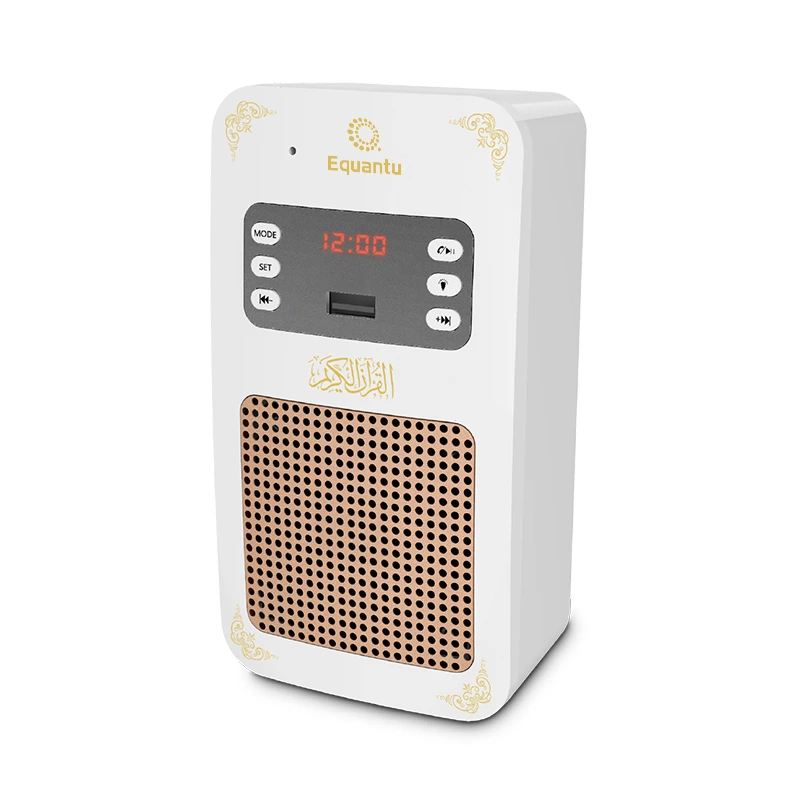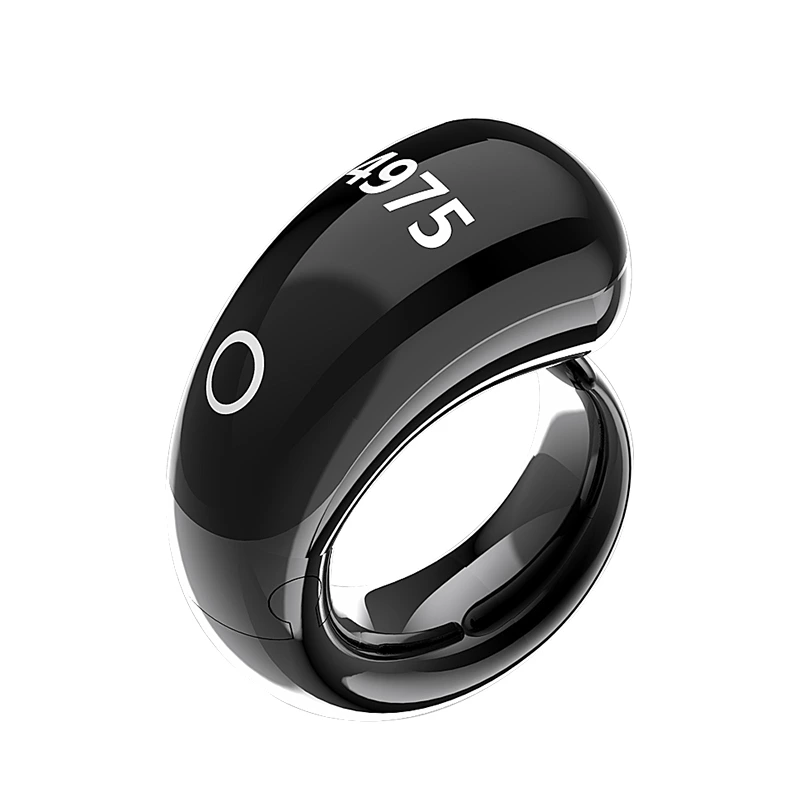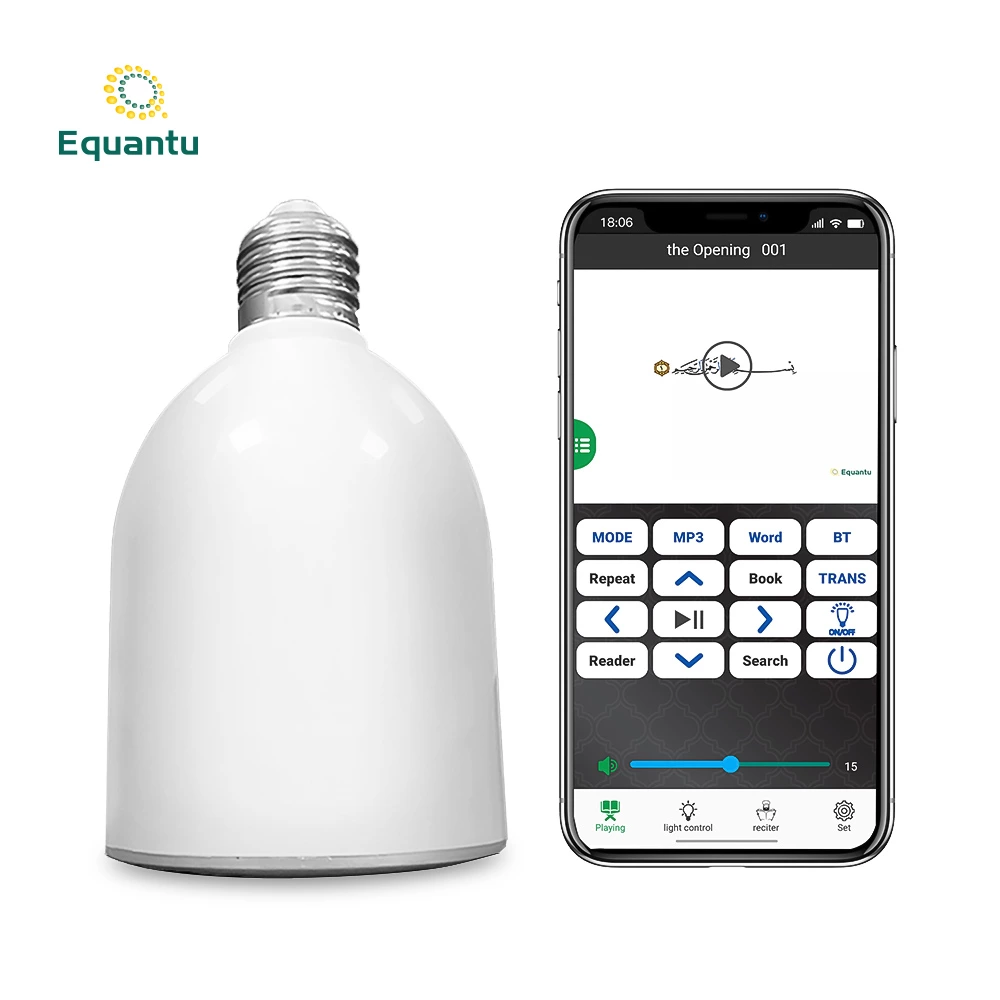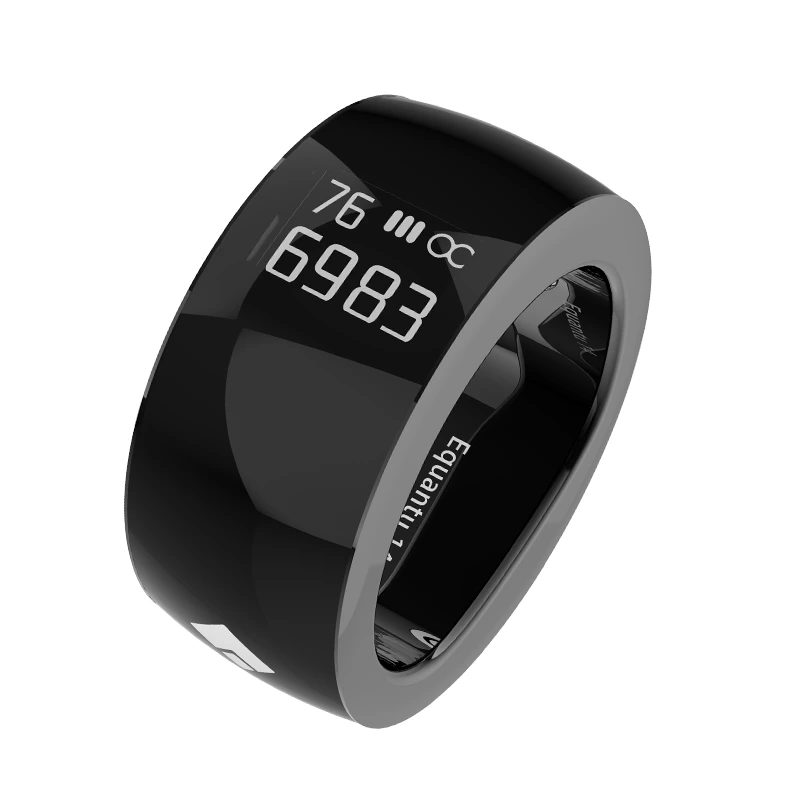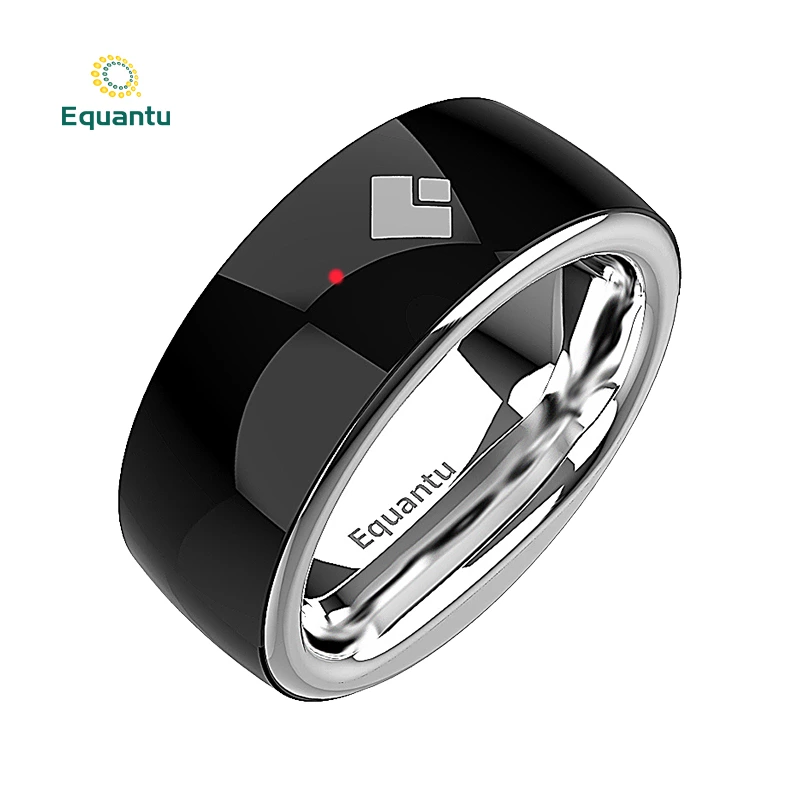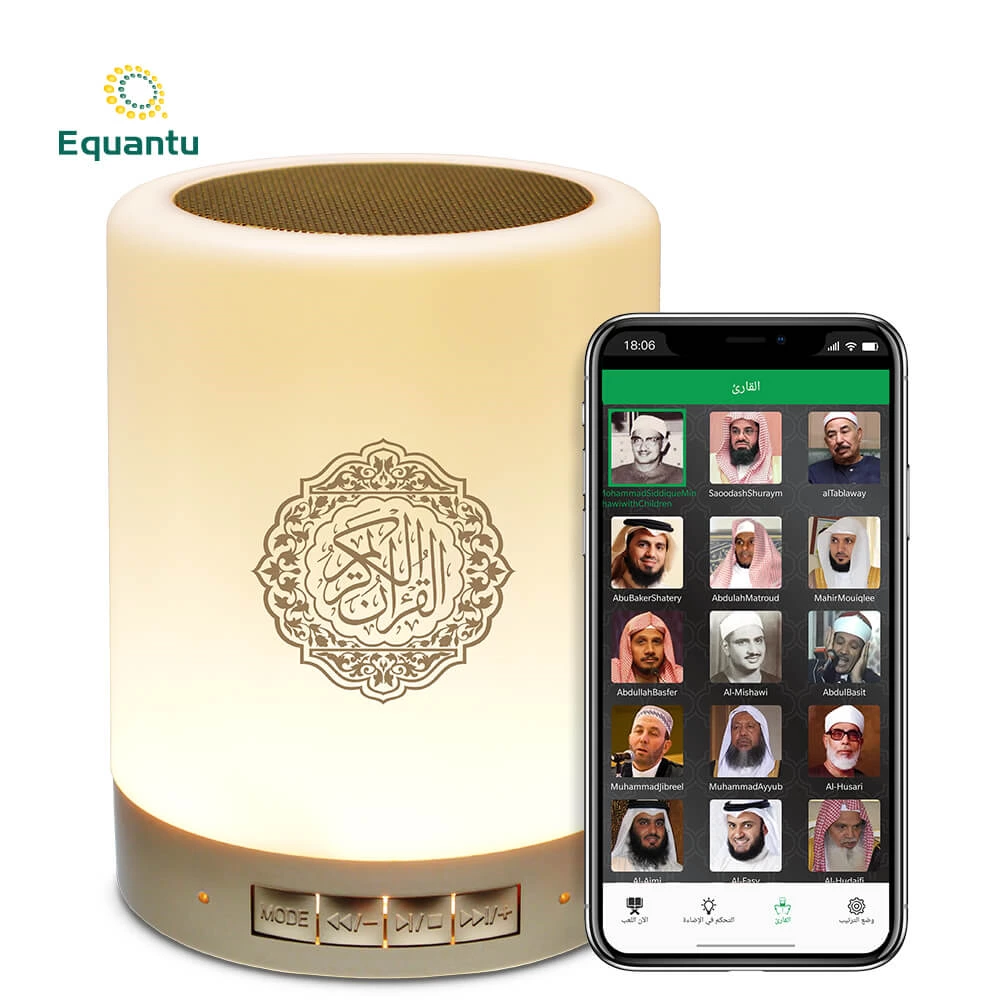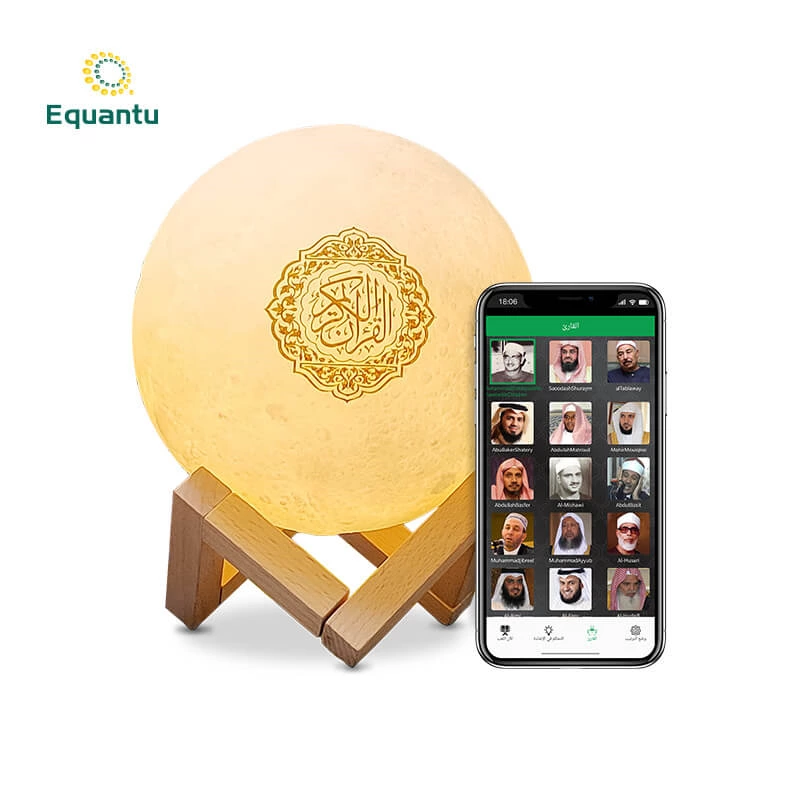Understanding Halal Certification Bodies
Halal certification bodies are organizations responsible for verifying that products and services meet halal standards. These bodies conduct inspections, audits, and assessments to ensure compliance with Islamic law. The recognition and credibility of a certification body are paramount for businesses seeking to gain trust among Muslim consumers.
Major Halal Certification Bodies Worldwide
JAKIM (Department of Islamic Development Malaysia)
-
- Location: Malaysia
- Overview: JAKIM is one of the most recognized and respected halal certification bodies globally. It oversees halal standards in Malaysia and provides certification services internationally.
- Scope: Covers a wide range of products, including food, cosmetics, pharmaceuticals, and consumer electronics like Quran speakers and Zikr rings.
- Global Recognition: JAKIM-certified products are widely accepted in Muslim-majority countries, enhancing their marketability.
HACCP (Hazard Analysis and Critical Control Points)
-
- Location: International
- Overview: While not exclusively a halal certification body, HACCP principles are often integrated into halal certification processes to ensure food safety and quality.
- Scope: Primarily focuses on food and beverages but can be adapted for other industries.
- Global Recognition: Widely recognized for its stringent safety standards, complementing halal certification.
SLAHIC (Singapore Labour Foundation Halal Industry Centre)
-
- Location: Singapore
- Overview: SLAHIC is a prominent halal certification body in Southeast Asia, known for its comprehensive certification services.
- Scope: Certifies food, cosmetics, pharmaceuticals, and other consumer products, including Islamic worship tools like Quran speakers and Zikr rings.
- Global Recognition: Recognized across Asia and other regions for its rigorous certification standards.
IFANCA (Islamic Food and Nutrition Council of America)
-
- Location: United States
- Overview: IFANCA is a leading halal certification body in North America, providing certification services to businesses across various industries.
- Scope: Certifies food, beverages, cosmetics, pharmaceuticals, and non-food products such as Quran speakers and Zikr rings.
- Global Recognition: IFANCA-certified products are trusted in North America and are gaining recognition internationally.
JOFI (Japan Halal Association)
-
- Location: Japan
- Overview: JOFI is a key halal certification body in Japan, catering to the growing Muslim population and international trade.
- Scope: Focuses on food, beverages, cosmetics, and consumer electronics, including Quran speakers and Zikr rings.
- Global Recognition: JOFI certification is essential for businesses targeting the Japanese market and other Asian regions.
Halal Control (Turkey)
-
- Location: Turkey
- Overview: Halal Control is a leading halal certification body in Turkey, known for its strict adherence to halal standards.
- Scope: Certifies food, beverages, cosmetics, pharmaceuticals, and consumer products like Quran speakers and Zikr rings.
- Global Recognition: Widely recognized in the Middle East, Europe, and other regions for its comprehensive certification services.
Impact on Modern Islamic Products
For modern Islamic products like Quran speakers and Zikr rings, obtaining certification from a recognized halal certification body is crucial. It ensures that the materials used are permissible and that the manufacturing processes adhere to Islamic ethical standards. Halal certification enhances the credibility and marketability of these products, making them more appealing to Muslim consumers seeking spiritually compliant worship tools.
- Quran Speakers: Certification verifies that the materials and electronics used do not contain any haram substances and that the production process maintains ethical standards.
- Zikr Rings: Certification ensures that the metals and any additional materials used are halal, and that the design and manufacturing processes align with Islamic principles.
Choosing the Right Certification Body
Selecting the appropriate halal certification body depends on several factors, including the target market, product type, and regional recognition. Businesses should consider the following when choosing a certification body:
- Market Reach: Choose a certification body recognized in the regions where you plan to market your products.
- Industry Focus: Ensure the certification body specializes in certifying your product category, whether it's food, cosmetics, or consumer electronics like Quran speakers and Zikr rings.
- Reputation: Opt for certification bodies with a strong reputation and high recognition among Muslim consumers.
Conclusion
Major halal certification bodies worldwide play a pivotal role in ensuring that products meet Islamic standards, fostering trust and confidence among Muslim consumers. For businesses offering modern Islamic products like Quran speakers and Zikr rings, obtaining certification from a recognized body is essential for market access and credibility. By understanding the roles and reputations of these certification bodies, businesses can make informed decisions to effectively cater to the global Muslim market.

